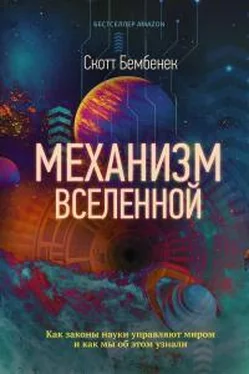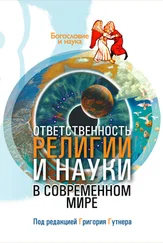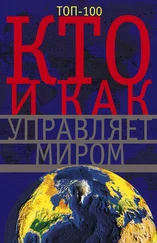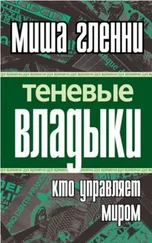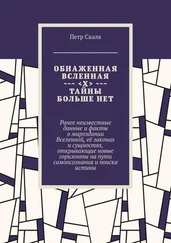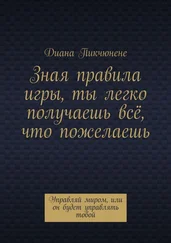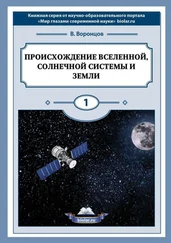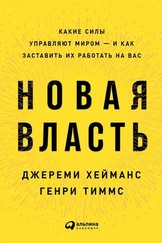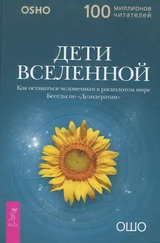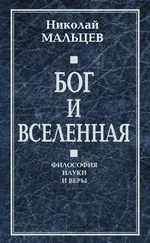“Planck, Entropy, and Quanta, 1901–1906.” The Natural Philosopher 1 (1963): 83–108.
“Thermodynamics in Einstein’s Thought.” Science 157 (1967): 509–516.
Kleppner, Daniel. “Rereading Einstein on Radiation.” Physics Today , 2005: 30–33.
Kuhn, Thomas S. Black-Body Theory and the Quantum Discontinuity, 1894–1912. Chicago: University of Chicago Press, 1987.
The Structure of Scientific Revolutions. 4th ed. Chicago: University of Chicago Press, 2012.
Laidler, Keith J. The World of Physical Chemistry. Oxford: Oxford University Press, 1995.
Lau, Katherine I., and Kim Plofker. “The Cycloid Pendulum Clock of Christiaan Huygens.” In Hands on History: A Resource for Teaching Mathematics , edited by Amy Shell-Gellasch, 145–152. Washington, DC: Mathematical Association of America, 2007.
Leibniz, Gottfried W. Leibniz: Philosophical Essays (Hackett Classics). Translated by Roger Ariew and Daniel Garber. Indianapolis: Hackett Publishing Company, 1989.
Linden, Stanton J. The Alchemy Reader: From Hermes Trismegistus to Isaac Newton. Cambridge: Cambridge University Press, 2003.
Lindsay, Robert B. “The Concept of Energy and Its Early Historical Development.” Foundations of Physics 1 (1971): 383–393.
Loschmidt, Johann. “On the Size of the Air Molecules.” Edited by William W. Porterfield and Walter Kruse. Journal of Chemical Education , 1995: 870–875.
Müller, Ingo. A History of Thermodynamics: The Doctrine of Energy and Entropy. Berlin: Springer Berlin Heidelberg, 2007.
MacDougal, Douglas W. Newton’s Gravity: An Introductory Guide to the Mechanics of the Universe. New York: Springer, 2012.
Mach, Ernst. History and Root of the Principle of the Conservation of Energy. Translated by Philip E. B. Jourdain. Chicago: Open Court Publishing Company, 1911.
Machamer, Peter. “Galileo Galilei.” The Stanford Encyclopedia of Philosophy (Winter 2014 Edition). Edited by Edward N. Zalta. http://plato.stanford.edu/archives/win2014/entries/galileo (accessed 2016).
Mahoney, Michael S. “Christiaan Huygens, The Measurement of Time and Longitude at Sea.” In Studies on Christiaan Huygens , edited by H. J. M. Bos, J. S. Rudwick, H. A. M. Melders, and R. P. W. Visser, 234–270. Lisse: Swets & Zeitlinger, 1980.
Maxwell, James C. “Molecules.” Nature VIII (1873): 437–441.
“The Theory of Molecules.” Popular Science Monthly 4 (1874): 276–290.
McDonough, Jeffrey K. “Leibniz’s Philosophy of Physics.” The Stanford Encyclopedia of Philosophy (Spring 2014 Edition). Edited by Edward N. Zalta. http://plato.stanford.edu/archives/spr2014/entries/leibniz-physics (accessed 2016).
Mehra, Jagdish, and Helmut Rechenberg. The Historical Development of Quantum Theory, Vol. 4: Part 1: The Fundamental Equations of Quantum Mechanics 1925–1926; Part 2: The Reception of the New Quantum Mechanics 1925–1926. New York: Springer-Verlag, 2001.
The Historical Development of Quantum Theory, Vol. 5: Erwin Schr ö dinger and the Rise of Wave Mechanics. Part 2: The Creation of Wave Mechanics: Early Response and Applications 1925–1926. New York: Springer-Verlag, 2001.
Meldrum, Andrew N. Avogadro and Dalton: The Standing in Chemistry of Their Hypotheses. University of Aberdeen, 1904.
Meyer, Joseph. “Roman Siege Machinery and the Siege of Masada.” 2012 AHS Capstone Projects, Paper 14 , 2012.
Moore, Walter J. Schr ö dinger: Life and Thought. New York: Cambridge University Press, 1992.
Moran, Bruce T. Distilling Knowledge: Alchemy, Chemistry, and the Scientific Revolution. Cambridge: Harvard University Press, 2005.
Muir, Matthew Moncrieff Pattison. A History of Chemical Theories and Laws. New York: Wiley, 1907.
Myers, Richard L. The Basics of Chemistry. Westport: Greenwood Press, 2003.
Newburgh, Ronald, Joseph Peidle, and Wolfgang Rueckner. “Einstein, Perrin, and the Reality of Atoms: 1905 Revisited.” American Association of Physics Teachers 74 (2006): 478–481.
Newman, William R. Atoms and Alchemy: Chymistry and the Experimental Origins of the Scientific Revolution. Chicago: University of Chicago Press, 2006.
Newman, William R., and Lawrence M. Principe. Alchemy Tried in the Fire: Starkey, Boyle, and the Fate of Helmontian Chymistry. Chicago: University of Chicago Press, 2002.
“Alchemy vs. Chemistry: The Etymological Origins of a Historiographic Mistake.” Early Science and Medicine 3 (1998): 32–65.
Newton, Isaac. The Principia. Translated by Andrew Motte. New York: Prometheus Books, 1995.
O’Connor, John J., and Edmund F. Robertson. “Louis Victor Pierre Raymond duc de Broglie.” The MacTutor History of Mathematics Archive. http://www-history.mcs.st-andrews.ac.uk/Biographies/Broglie.html (accessed 2016).
O’Keefe, Tim. “Epicurus.” The Internet Encyclopedia of Philosophy . http://www.iep.utm.edu/epicur/ (accessed 2016).
O’Raifeartaigh, Lochlainn. The Dawning of Gauge Theory. Princeton: Princeton University Press, 1997.
Pais, Abraham. The Genius of Science: A Portrait Gallery of Twentieth-Century Physicists. New York: Oxford University Press, 2000.
Inward Bound: Of Matter and Forces in the Physical World. New York: Oxford University Press, 1988.
Niels Bohr’s Times: In Physics, Philosophy, and Polity. New York: Oxford University Press, 1993.
Subtle Is the Lord: The Science and the Life of Albert Einstein. New York: Oxford University Press, 1982.
Patzia, Michael. “Anaxagoras.” The Internet Encyclopedia of Philosophy. http://www.iep.utm.edu/anaxagor/ (accessed 2016).
Principe, Lawrence M. “Reflections on Newton’s Alchemy in Light of the New Historiography of Alchemy.” In Newton and Newtonianism: New Studies , edited by James E. Force and Sarah Hutton, 205–19. Dordrecht: Kluwer Academic Publishers, 2004.
Purrington, Robert D. Physics in the Nineteenth Century. New Brunswick: Rutgers University Press, 1997.
Robinson, Andrew. Einstein: A Hundred Years of Relativity. New York: Harry N. Abrams, Inc, 2005.
Ross, Sydney. “John Dalton.” Encyclop æ dia Britannica Online . http://www.britannica.com/EBchecked/topic/150287/John-Dalton/217770/Atomic-theory (accessed 2016).
Rubenstein, Richard E. Aristotle’s Children: How Christians, Muslims, and Jews Rediscovered Ancient Wisdom and Illuminated the Middle Ages. Orlando: Harcourt, 2004.
Russell, Bertrand. The History of Western Philosophy. New York: Simon and Schuster, 1945.
Ryckman, Thomas. The Reign of Relativity: Philosophy in Physics 1915–1925. New York: Oxford University Press, 2005.
Scerri, Eric R. The Periodic Table: Its Story and Its Significance . New York: Oxford University Press, 2007.
Schmaltz, Tad M. Descartes on Causation. New York: Oxford University Press, 2013.
Schrödinger, Erwin. Collected Papers on Wave Mechanics. Translated by J. F. Shearer and W. M. Deans. Providence: AMS Chelsea Publishing, 1982.
“On Einstein’s Gas Theory (English Tranlsation by T. C. Dorlas).” Teunis (Tony) C. Dorlas Homepage. http://homepages.dias.ie/dorlas/Papers/schrodinger_gas.pdf (accessed 2016).
Shapin, Steven. The Scientific Revolution. Chicago: University of Chicago Press, 1998.
Slowik, Edward. “Descartes’ Physics.” The Stanford Encyclopedia of Philosophy (Summer 2014 Edition). Edited by Edward N. Zalta. http://plato.stanford.edu/archives/sum2014/entries/descartes-physics/ (accessed 2016).
Читать дальше
Конец ознакомительного отрывка
Купить книгу
